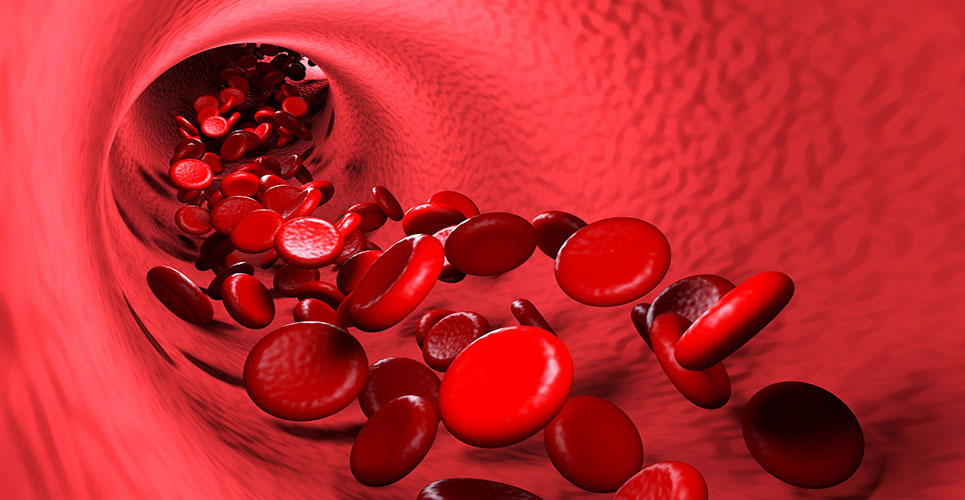teaser
The Phase III EINSTEIN-DVT clinical trial of the oral anticoagulant rivaroxaban demonstrated non-inferiority compared to the standard of care for the prevention of recurrent venous thromboembolism (VTE) in patients with acute symptomatic deep vein thrombosis (DVT), with a comparable safety profile. The data were presented today during a Hot Line session at the European Society of Cardiology (ESC) Congress.
“Results from EINSTEIN-DVT could transform the way physicians treat deep vein thrombosis,” said lead investigator Harry R Büller, MD, Academic Medical Center in Amsterdam, Netherlands, who presented the results. “While the current standard of care is effective when well-controlled, it is often associated with significant drawbacks for patients and physicians. A novel single-drug approach such as oral rivaroxaban could potentially provide an effective and well-tolerated, simple, fixed-dose regimen for the treatment of deep vein thrombosis as a replacement for current standard therapy.”
In the study, oral rivaroxaban demonstrated non-inferiority for the primary efficacy outcome, defined as the cumulative incidence of symptomatic recurrent DVT and non-fatal or fatal PE, in patients with acute symptomatic DVT compared with the current standard of care of enoxaparin followed by a vitamin K antagonist (VKA) [2.1% vs. 3.0%, respectively (p <0.0001 for non-inferiority)]. Rivaroxaban also demonstrated similar results compared to the standard of care for the principal safety outcome measuring a composite of major and non-major clinically relevant bleeding events [8.1% in both treatment groups, (p=0.77)]. Monthly liver function tests did not reveal a signal for impaired liver safety. Rivaroxaban was well tolerated in the study, and discontinuation rates related to adverse events were low and similar in both treatment groups.
To find out more, please click on the link below:

